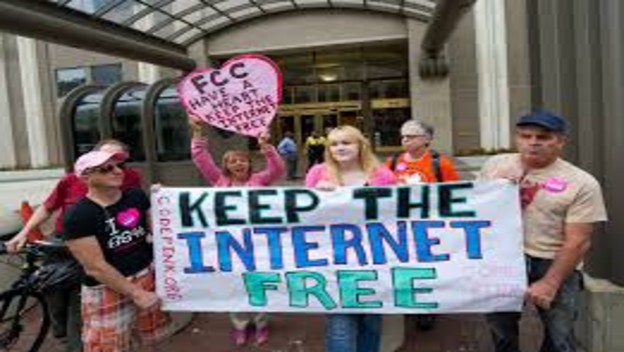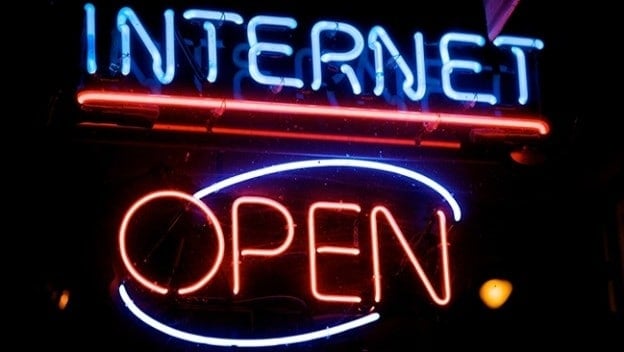Something doesn’t have to exist in the physical world to be considered priceless.
In this crazy thing we called life, it’s quite easy to take things for granted. Especially if it’s something that becomes so commonplace, you forget it’s even there. However, a staunch reminder of what you have (and the level of its importance) is made clearly evident upon its absence. Want proof? OK, let’s play a little game. I’m challenging you, in my very best Jigsaw-esque voice, to read the remainder of this article without the benefit of air.
That’s right, you probably forgot you were evening breathing in and out until five seconds ago, but now it’s all you’re thinking about. So go ahead, hold your breath, and deprive yourself of this vital resource for the next several minutes. I’ll bet by the time you reach the closing paragraph, you’ll be happy to suck in sweet relief.
While the internet may not be quite as valuable to us as oxygen, it’s pretty damn close these days. We’re plugged-in on a 24/7 basis. And while the escape of online has offered us countless opportunities to waste time and mindlessly entertain ourselves, its real value is much farther reaching. Having access to such vast pieces of information at any given moment is, in a word: astounding. You can traverse virtually every corner of recorded human history in less time than it takes to brew your morning coffee. With the latest advancement in smartphones, this ability has now been placed right at the tips of our fingers (in what can only be described as a truly unfathomable breakthrough). You probably haven’t thought about this in such grandiose terms before, because naturally, it’s the only reality many of us have ever known.
I’ve climbed up on my soap box today to preach on behalf of something I feel is crucial. I hope to bring two words into your periphery that will grant you a whole new perspective. Those words are NET NEUTRALITY . A deeper outline of the nuts and bolts is best saved for a future date, but in a nutshell, the term Net Neutrality reflects an idea that is not so complex. It simply states that rights to mass communication and data transfers in its most popular form ( IE : the World Wide Web) should be held equal for all regardless of your purpose, what content you access, or the platform used to do so.
Originally, this was just a university-born brainchild that hipsters kicked around while sipping their no-foam lattes at Starbucks. However, an announcement by President Barack Obama shoved it into the mainstream spotlight in a very big way. In a statement posted to YouTube, Obama acknowledged the importance of keeping the internet “free and open,” calling for the FCC to reclassify the internet as a public utility under Title II of the Telecommunications Act. In this, he hopes to ebb the building trend found among major ISPs who are either throttling their users unfairly or outright blocking content (in their bid to tighten the stranglehold over the industry).

While many in opposing parties immediately took an opposite stance and compared the move to Obamacare, I ask you not to be so dismissive of it. For the first time ever, I’m giving you a homework assignment. I want you to do some serious research on the benefits of Net Neutrality and what it could mean for us a society moving forward. Watch the President’s remarks right here (this is a bipartisan issue that effects both Republicans and Democrats after all), read up on Wikipedia , and Google as much information as you can possibly find. ( U pdated reference for 2019 found here : https://comparite.ch/nnbystate ).
This is hopefully the first steps towards a frontier where corporations such as Time Warner Cable and Comcast aren’t pulling the strings in relation to our technological expansions. I’m sure we’ll be revisiting this subject at some point on the site, so stay tuned. In the meantime, remember that knowing is half the battle (as G.I. Joe once taught us)!
